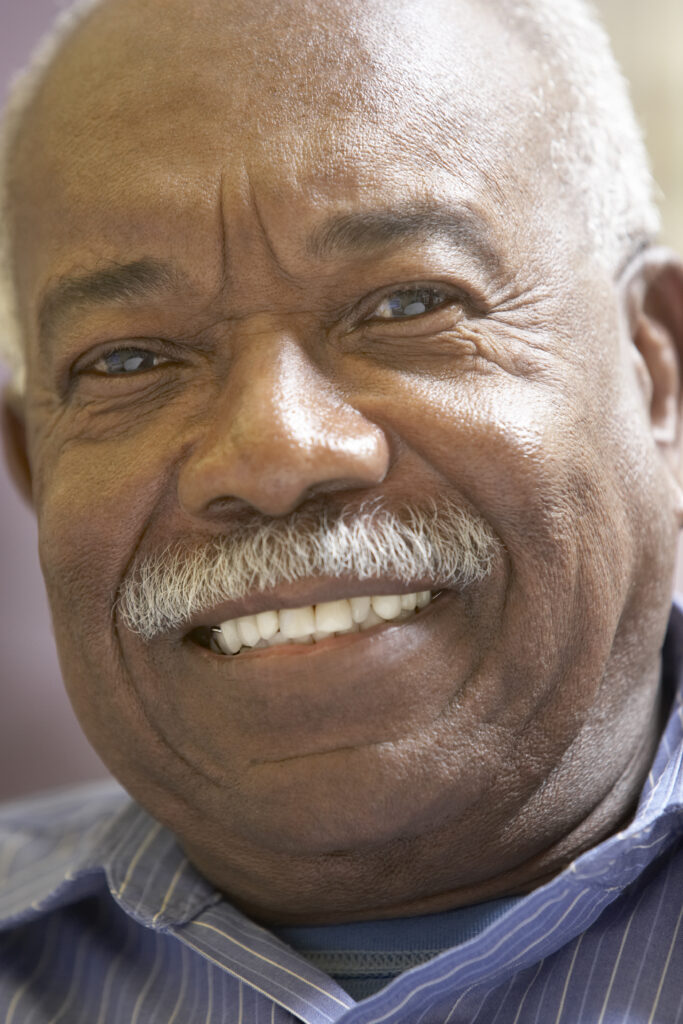Beck, Lenox and Stolzer Estate Planning and Elder Law, LLC, provides information to readers who are charitable givers and want to learn how to use donor-advised funds. Under current tax laws, if you own an IRA and are 70½ and older, you may directly donate $100,000 to a charity without needing to report the contribution as income. According to the article “Donor-Advised Funds And Tax-Wise Charitable Giving” from Financial Advisor, this is referred to as a QCD or Qualified Charitable Distribution.
A QCD is a great way for people over 70 to support a charity, while saving on taxes. The donor gives pre-tax money to a cause they care about, creating a dollar-for-dollar income tax deduction. It’s beneficial for filing 2024 taxes when the federal standard deduction for those over 70, married, and filing jointly stands at more than $30,000 (including the additional amount for seniors). Also, there are limits on state and local income tax deductions. Because of the high standard deduction and state and local limits, and most seniors are unlikely to have much in the way of deductible interest charges, all or most of a person’s annual donations to charity are not tax deductible. Using the QCD, taxpayers can get deductions in a different way.
People looking for innovative tax strategies face another problem created by the 2019 SECURE Act. If taxpayers inherit money from IRAs or 401(k)s of deceased parents or other relatives, they must add those proceeds to taxable income within ten years. Chances are their inheritance will come during their peak earning years, meaning their taxes will rise much more than if they were retired when income would be lower.
The combination of higher income taxes and less time to grow inherited retirement accounts could easily mean a loss of nearly twice as much as what heirs would have lost before the SECURE Act.
The SECURE Act tax hurdles don’t stop there, making estate planning with taxes in mind an even more critical part of financial plans. Most IRA and 401(k) heirs, especially those with small mortgages, won’t receive a full federal income tax deduction for what they give each year. Some of these deduction issues could be resolved if deduction limits are restored starting January 1, 2026, when the Tax Cuts and Jobs Act might end. However, the SECURE issues remain.
One solution might be for the IRA or 401(k) account owners to create a pool of money, effective upon their deaths, which the children can use later for their annual charitable donations. The pool of money could be created by designating a donor-advised fund (DAF) as a beneficiary of all or a portion of their retirement accounts when they die. Here’s the general concept: if the children are going to be making annual charitable donations during their lifetimes, the owners arrange it so the children don’t use mainly after-tax funds to make their donations. Instead, they can use pre-tax money from the charitable vehicle.
Talk with your estate planning attorney about how to use donor-advised funds as part of your estate plan in ways that could alleviate tax burdens for you, your estate and your heirs. Beck, Lenox and Stolzer have many years of experience and knowledge helping their older clients use these funds effectively. If you would like more information, click here to schedule a phone conversation with one of them.
Reference: Financial Advisor (Dec. 6, 2023) “Donor-Advised Funds And Tax-Wise Charitable Giving”










